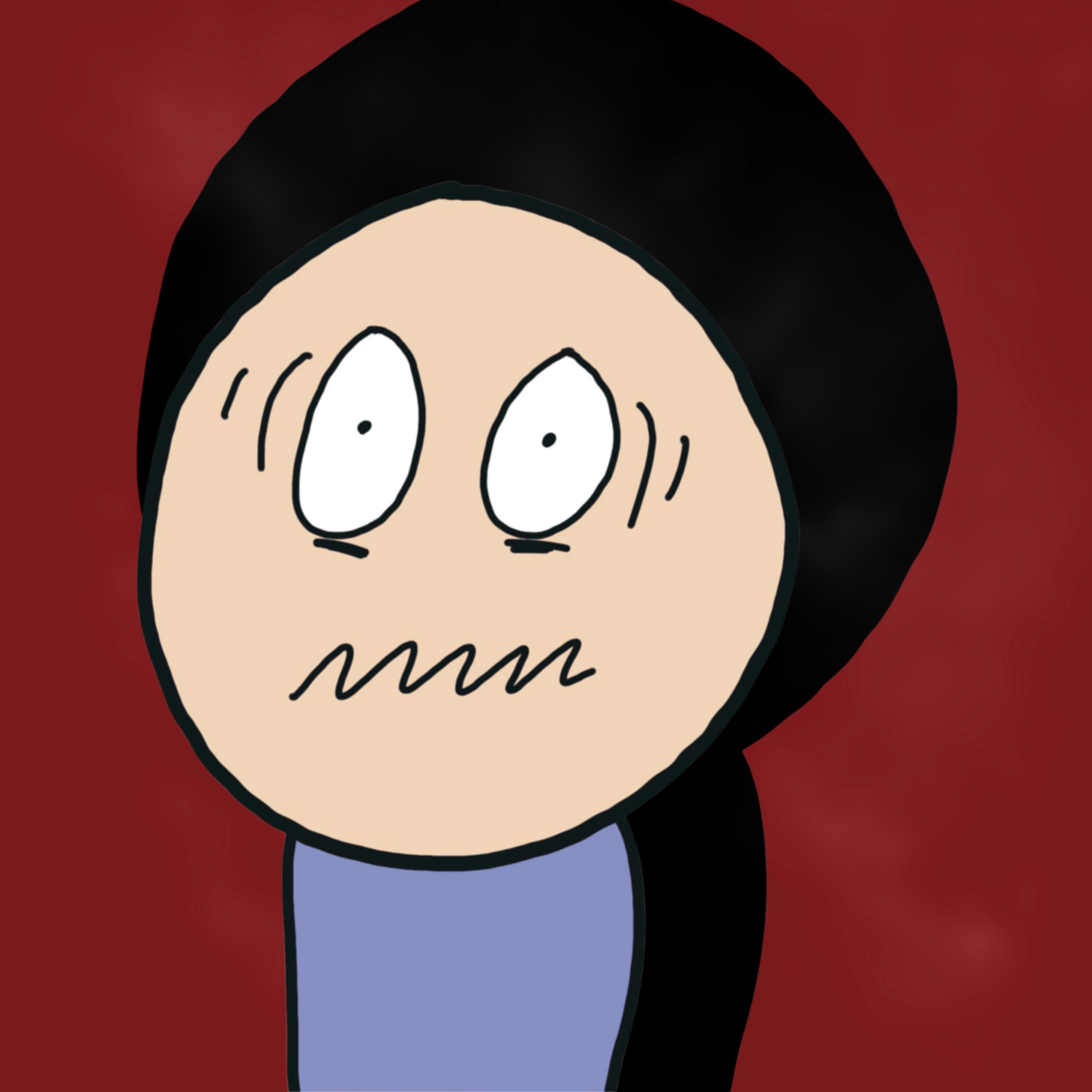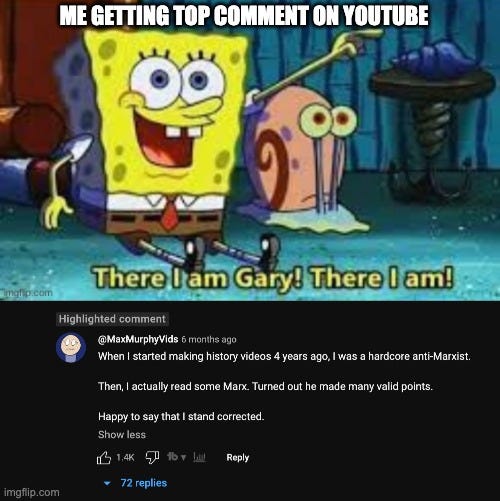How to Cope with the Trauma of Existence
coping with the curse of consciousness
Hi, I’m Max Murphy! A failed creative turned existential imbecile. These days, I write The Murphy Memos where we explore the absurdity of existence with crappy jokes.
Consider subscribing if you’re into that kinda thing.. or don’t.
There is a terrible irony in being self-conscious: being aware of our existence also means we’re painfully aware of its inevitable end.
This is the crux of Ernest Becker’s “The Denial of Death,” where he argues that life, at its core, is a meaningless journey towards an unavoidable end.
But it’s not all deaths of despair.
Becker suggests that it’s possible to cope with this traumatic knowledge by finding what he calls a “hero mythology.”
Could this be the cure to doomerism? The answer to life’s faceless meaninglessness? Will this help me finally get off Zoloft?
The Curse of Consciousness
At the heart of Becker’s philosophy is a simple yet unsettling truth: to be a self-conscious being is a bit of a sick joke. We’re the only creatures cursed with the knowledge of our mortality, living with the constant awareness of death, haunting us like a shadow.
This “death anxiety” is always in the back of your head - whether you’re zoning out on a zoom call, maximizing value for shareholders, or even reading the greatest newsletter of all time.
Death anxiety is there, whispering bitter nothings in your filthy little ears.
The Trauma of Existence
This trauma isn’t just philosophical, it’s deeply psychological. We’re wired to seek meaning in a universe that offers none.
Literally fucking none.
The awareness of our finite existence creates a cognitive dissonance - we’re programmed to survive, yet we know survival is ultimately futile.
It’s like being given a book with an abrupt end. You’re really into the story, only to find the final pages torn out.
Escaping the Void
So, how do we deal with this?
Becker suggests the creation of a hero mythology. It’s a narrative you construct or adopt that gives your life artificial but compelling meaning.
It could be the pursuit of artistic mastery, making a major contribution in your field, or getting top comment on a YouTube video.
This myth isn’t about delusion, it’s about finding a narrative so compelling that it drowns out the death anxiety in the back of your mind.
A happy distraction from death.
Does it really matter if you grow your cringey little newsletter to a million subscribers, make it in the history books, and change the world?
No, it doesn’t.
But it’s fun to pretend that it does.
Rebel with a Clue
In the cosmic joke of existence, recognizing your denial of death is like suddenly seeing the strings in a puppet show. It’s shocking, sure, but it’s also where the true power lies.
In a universe indifferent to your dreams, most people drift through life, chasing goals and believing values someone else cooked up.
Not us.
We’re the ones rewriting the script, picking mythologies that we actually want! Hell, maybe we’ll even invent our own! A mythology revolving around creating a mythology.
Whoa, that’s meta.
This isn’t about deluding yourself with feel-good stories. It’s about staring into the void, acknowledging it, and then making a crude joke about the size of your genitals.
My myths might be arbitrary, but they are mine, dammit!
So, what’s your myth?
Becoming a fitness influencer? Saving the planet? Or mastering the perfect omelette? The beauty lies in the choice, in the act of defiance against the universe’s silence. We might not control how the story ends, but we have the power to make the middle chapters ridiculously interesting.
In the end, the best we can do is make our own fun before the final curtain closes, revealing us as the rotten pile of worm food that we were always destined to be.
Still scrolling?
Read this next:




I only wish I had somehow the capacity to acquire a better sense of humor to deal with some of life's ordinary and familiar tragedies. Trying to be an entrepreneur the walls have closed in on me and even what once seemed like existential dread is now almost like a warm blanket.
Sometimes I enjoy the narrative of my life better than actually living that narrative. But what else can you do, except pursue a hedonistic life style while in reality living a very mid one at best.
Ok well so far my two cents, always happy to spread the cheer